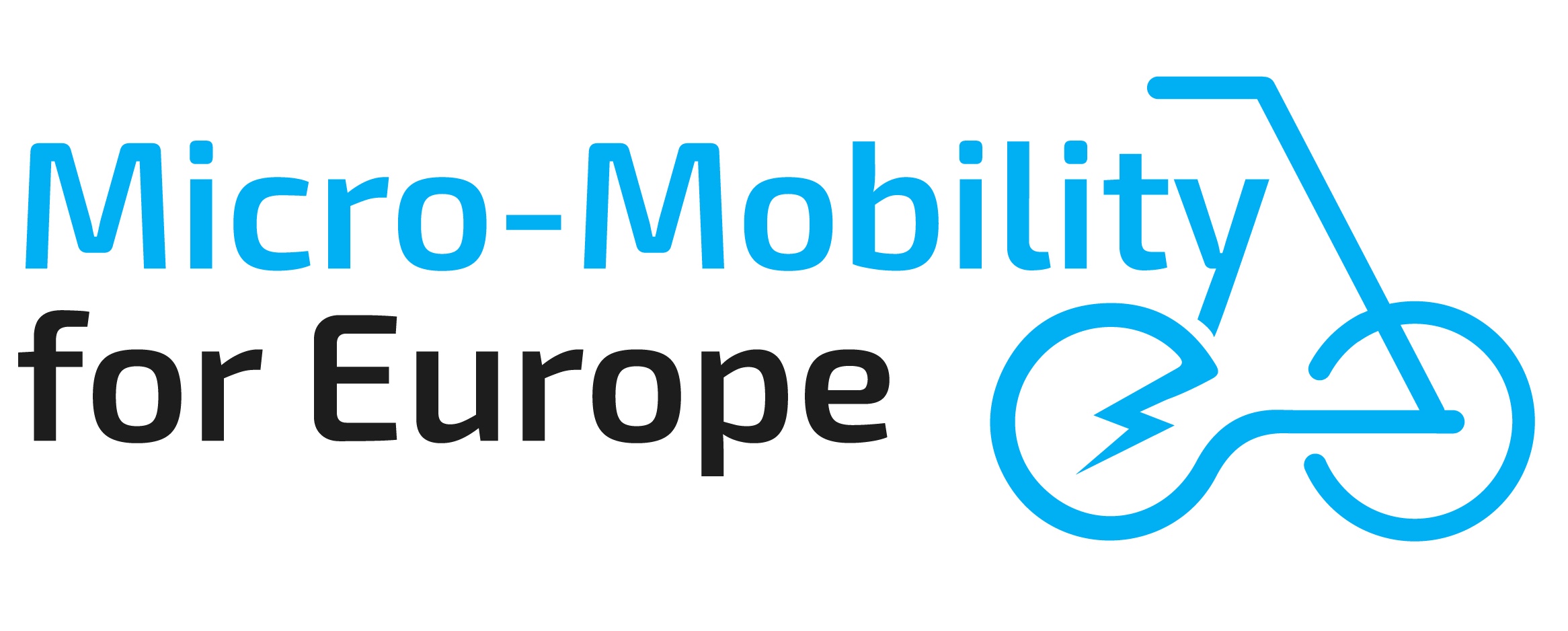April 2025
In 2024, injuries decreased by 7.9% per million kilometres. While the amount of trips increased by 4% more trips vis-à-vis 2023, the number of total injuries by shared e-scooter users decreased by 4%.
Between 2021 and 2024, the number of fatal injuries or serious injuries requiring medical treatment while riding an e-scooter dropped by 29.8% per million km.. Similarly, the number of fatal injuries or the ones requiring medical treatment related to shared e-bikes decreased by 13.3% per million km throughout 2022-2024.
MMfE aggregated data shows that the risk of a serious injury riding an e-scooter is lower than riding an e-bike, 15.4/million km and 20.1/million km respectively.
In the last 4 years, several factors have contributed to the decrease in accidents while riding a shared e- scooter. Firstly, MMfE Members offer technologically advanced e-scooters with significantly improved safety features.
Additionally, educational campaigns in cooperation between some cities and micro-mobility operators helped to raise awareness regarding safe driving, and using vehicles properly, such as avoiding multiple people on a single scooter or driving while intoxicated. Moreover, European cities improved infrastructure creating safer conditions for shared micro- mobility users.
The European Commission‘s latest data for 2024 shows that urban road user fatalities occur overwhelmingly when a crash involves motorised vehicles. MMfE remains committed to improving road safety, especially for Vulnerable Road Users, by working towards Vision Zero, the EU’s objective to reduce road fatalities and serious injuries to zero, in collaboration with policymakers, cities, and micro-mobility users. MMfE believes that reducing overall speed limits can play a significant role in improving safety of VRUs. In comparison to privately owned micro-mobility vehicles, shared micro-mobility vehicles are subject to speed caps limiting maximum speed that cannot be overridden. Through geofencing, shared micro-mobility is further reducing the speed of their users in certain areas such as pedestrian zones, where required. In addition, shared devices are subject to regular maintenance and cannot be tampered with.
MMfE data from 2024 is based on more than 312 million shared e-scooter trips covering more than 562 million km and more than 79 million shared e-bike rides covering more than 237 million km. 2024 data has been aggregated based on safety reports by Bird, Bolt, TIER-Dott, Lime and Voi, the leading shared micro-mobility operators in Europe and follows the same methodology as for the years 2021, 2022, and 2023 covering the EU27, Israel, Norway, Switzerland and the UK.
Quote from MMfE Co-Chair Christy Pearson:
“A nearly 30% drop in injuries since 2021 shows that investments in infrastructure, rider education, and better vehicles are delivering real results. As cities look to reduce dependency on private cars and improve safety for everyone, shared e-scooters and e-bikes are proving they are not just sustainable, but increasingly secure. In addition, the demand for our members’ services continues to grow as we reached more than 312 million e-scooter and more than 79 million e-bike trips in 2024. We look positively in the future and want to strengthen our services and collaboration with decision makers on local, regional, national and EU level.”
Read the full article here.











